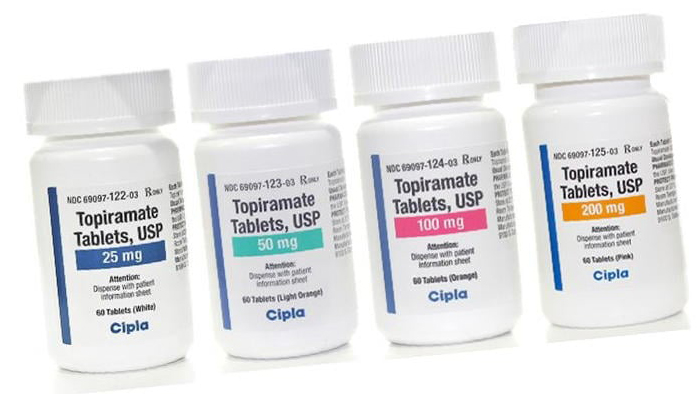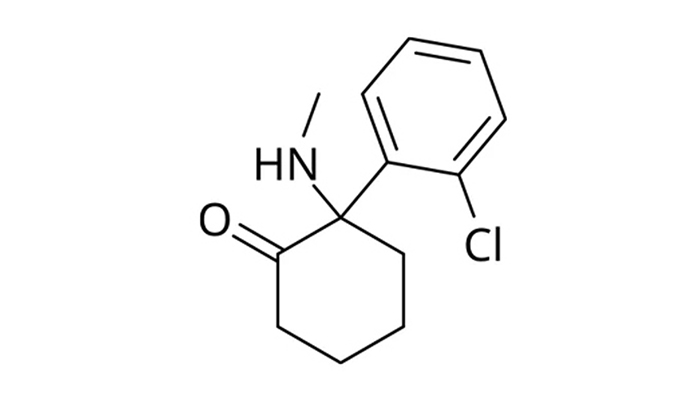Sunday, November 29, 2020
Alex Papp
I often hear from patients “Why are you prescribing me an antidepressant for (and here comes the name of some condition such as anxiety or obsessions) when I’m not depressed?” “Why are prescribing me an antipsychotic for depression?”
Their puzzlement is caused by the categorization of medications with clear-cut labels. It originated from the initial decades of pharmacotherapy, when there were few medications and little was known about their actions. Imipramine was for depression, Thorazine was for psychosis. No questions needed to be asked.
With the advances in pharmacology, more useful categorizations, such as “SSRI”, “dopamine-blocker”, have become widespread in the profession but have not become widely known in the general public. It is the duty of the prescriber to explain to the patient that there is much more to a medication than the old style categorizations.
Which brings me to the curious molecule called Topiramate (brand name in the US: Topamax).
Topiramate was introduced in the late 1990s as a seizure medication and about 10 years later it got another FDA-approval for migraine. So it started out as an “antiepileptic” and later it became a “migraine medication” as well.
As several antiepileptics are also excellent mood stabilizers (i.e. treat bipolar disorder), studies were conducted with Topiramate in that area as well. It has not been found to be as effective as others but can be used as a second-third line treatment. It has never obtained FDA-approval for that condition so “officially” it is not a mood stabilizer. “Unofficially” it is.
At this point I would like to introduce Sam, a fake names obviously, but real person in my practice*.
I started seeing Sam in 2015 for a set of problems that included mood instability. He had gained a tremendous amount of weight on an “antipsychotic” (Aripiprazole, a.k.a. Abilify), which also acts as a mood stabilizer. He weighed 370 pounds when I first saw him, and I suggested changing his mood stabilizer to Topiramate. Why Topiramate, if it is not a first line drug for that condition? Because in some people it leads to the loss of appetite, which is officially categorized as a side effect. The loss of appetite is not complete, but it leads to the person stopping eating before reaching the amount of calories needed to maintain weight. Sam was lucky, he was one of those people who developed this side effect. He kept losing weight – 5 pounds here, 10 pounds there – and at last checking, in 2020, he was down to 238 pounds. For Sam, Topiramate is an “appetite suppressant”, and we are using a side effect of the medication for treating a condition.
I used an “antiepileptic” as a mood stabilizer (an unofficial main effect) and as an “appetite suppressant” (deliberately utilizing a known side effect). For Sam, it was not an antiepileptic.
So what is a medication? For you, it is what you use it for, while scientifically it is categorized according to its mechanism of action (which in the case of Topiramate is blocking sodium channels on nerve cells).
*Case reported with “Sam”‘s permission







